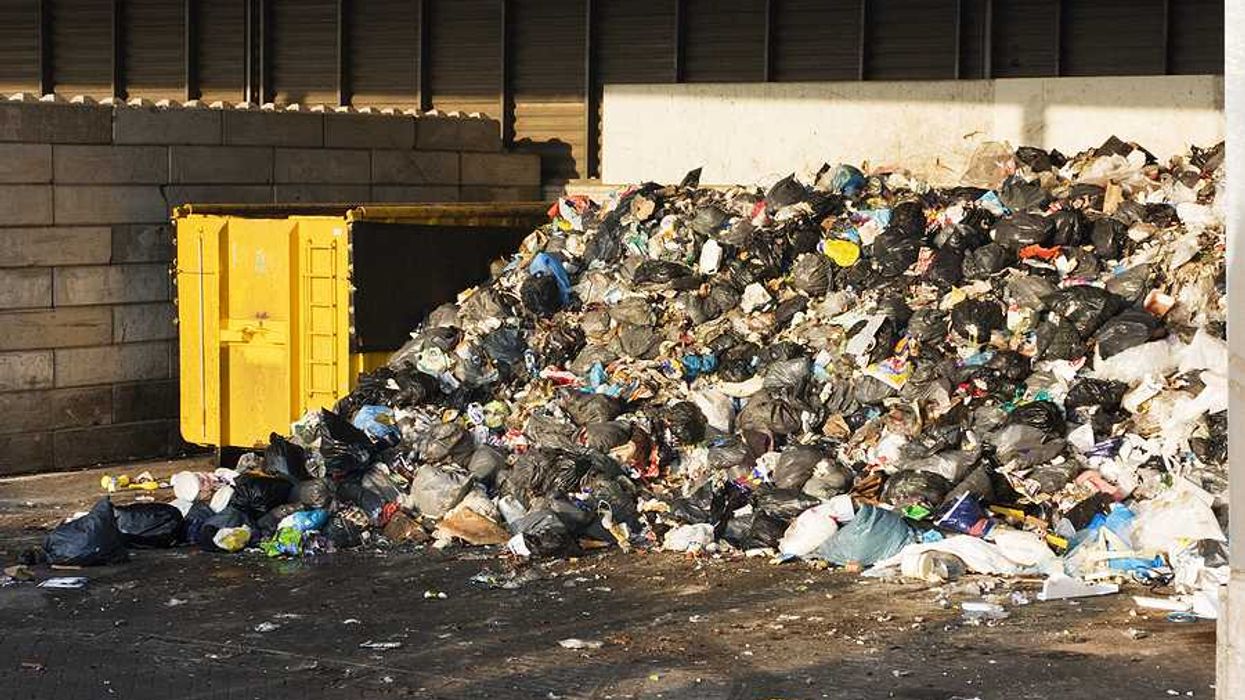Bayer has told U.S. lawmakers it may pull its glyphosate-based Roundup weedkiller from the market if it does not receive stronger legal protections against lawsuits claiming the product causes cancer.
Patricia Weiss and Ludwig Burger report for Reuters.
In short:
- Bayer has already paid about $10 billion to settle lawsuits alleging Roundup causes cancer, with 67,000 more cases pending.
- The company argues that federal Environmental Protection Agency approval should shield it from state-level litigation and is lobbying lawmakers for legal protections.
- Bayer disclosed that Roundup generated $2.8 billion in revenue last year but says ongoing litigation could force it to exit the U.S. market.
Key quote:
"Without regulatory clarity (Bayer) will need to exit the business. Bayer have been clear with legislators and farmer groups on this."
— Jefferies brokerage analysts
Why this matters:
Glyphosate, the active ingredient in Roundup, is widely used in American agriculture, particularly with genetically modified crops. Its health risks have sparked legal battles, with some studies linking it to cancer. Farmers, particularly those growing corn and soybeans, have long depended on glyphosate-based weedkillers to maintain yields and keep costs down. If the product were to be phased out, the industry would need to pivot to alternative methods.
Meanwhile, environmentalists and consumer safety advocates continue to push for stricter pesticide regulations, arguing that glyphosate represents a broader issue: the long-term impact of agricultural chemicals on human health and ecosystems. As the legal battles unfold, the debate over glyphosate remains a flashpoint in discussions about chemical safety, corporate responsibility, and the future of American farming.
Learn more: Bayer pushes for laws shielding Roundup from cancer warnings














